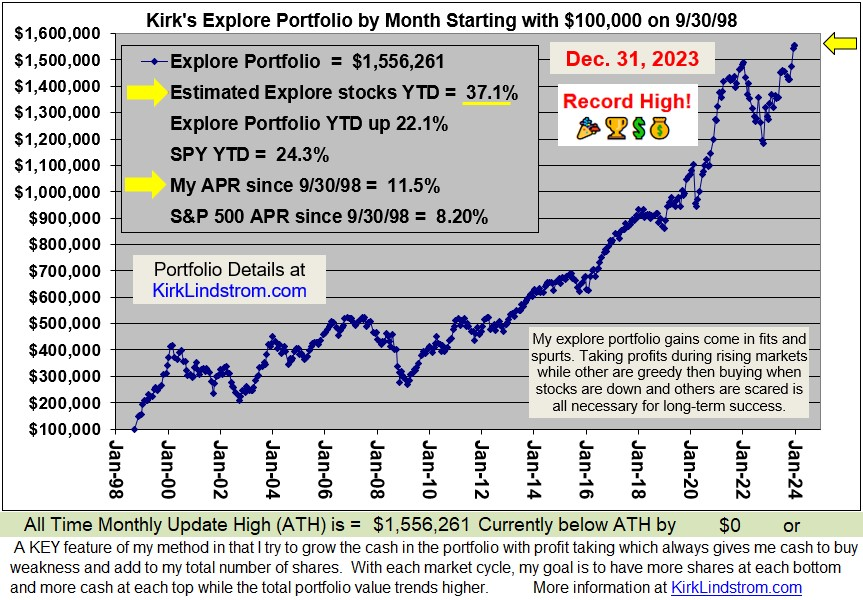California households owe an average $30,500 for public employee pension debt
Key points to understand:
- The average California household's share of the debt for underfunded state and local government employee pensions comes to about $30,500.
- The Stanford studies -- written by public policy professor Joe Nation, a former Democratic assemblyman, and math and economics student Evan Storms -- help us understand the absurdity of a 7.75 percent projection and the effects of different assumptions.
- When pension systems assume a 7.75 percent return rate, they have only a 42 percent chance of meeting or exceeding that target. But even using that optimistic assumption, the systems are currently only 77 percent funded, with a $180 billion shortfall. That averages $14,500 for each of California's 12.4 million households.
- Many argue that pension systems should base investment projections on much-less-risky bond rates, about 4.5 percent. The chance of reaching that goal is 81 percent. Using that rate, California pension systems are currently 48 percent funded, with a $658 billion shortfall, or about $53,000 per household.
- Investment gurus such as Warren Buffett have argued for a midpoint, about 6.2 percent. The chance of reaching that goal is 63 percent. Using that rate, California systems are currently 61 percent funded, with a $379 billion shortfall, or about $30,500 per household.
- Households won't receive individual bills for their shares. Instead, they will lose government services and face demands for more taxes. Using the midpoint assumption, the $379 billion debt is equal to about 3½ years of base salaries for state and local government employees. That's a lot of lost service.
- ... the numbers don't include the unfunded liability for promised retiree health benefits, which were estimated four years ago to be at least $118 billion. They're surely far more today.
I won't vote for higher state and local taxes until government workers (other than police and fire fighters) pay the same percentage of their income to their pensions as I do AND they don't get to retire until they are the age I am when I can collect Social Security. I've noticed that many who argue people who think like me are wrong or "selfish" are retired government workers who are part of the problem.




No comments:
Post a Comment